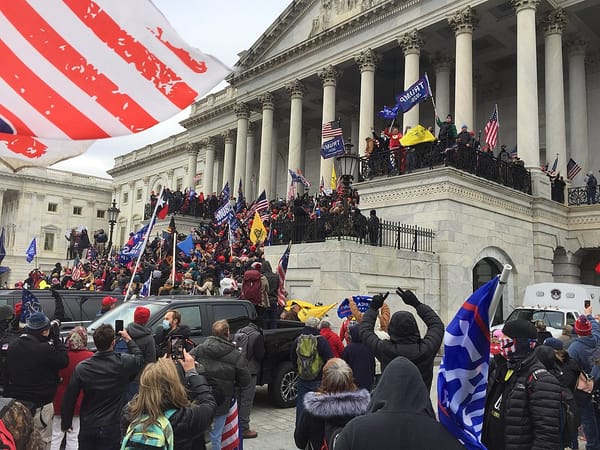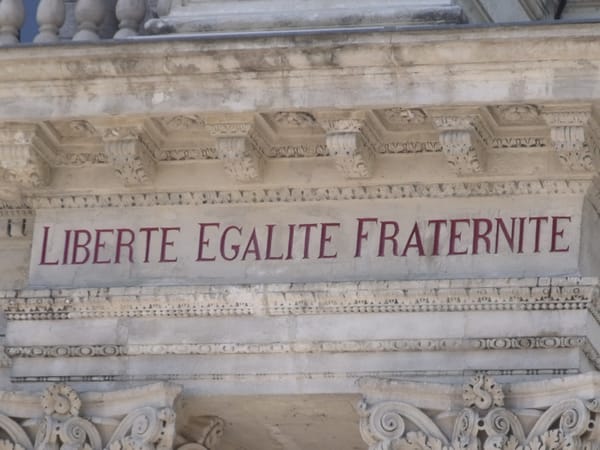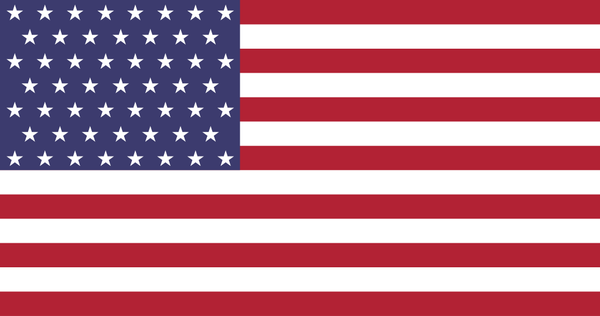The Carceral Politics of Menthol Prohibitionism

It’s hard to imagine that the country that gave birth to Big Tobacco may soon sentence Americans to prison for selling menthol cigarettes or flavored e-cigarettes. Yet in states that have forbidden these products, arrests and prosecutions are already occurring. The Food and Drug Administration is also expected to imminently announce a federal ban on menthol cigarettes and to order the vast majority of e-cigarettes off the market. Whatever the public health merits of these policies, there is a danger that they will hit a tipping point at which they go beyond mere regulation to full prohibition—and as with past prohibitions on drugs and alcohol, they will likely give rise to illicit markets requiring police enforcement. It is therefore vital that we consider them not only for their impacts on public health, but also as emerging issues in criminal justice.
Massachusetts offers a preview of what to expect if these policies are implemented at a national level. The state banned sales of all forms of flavored tobacco and nicotine in 2020. A new report from its Multi-Agency Illegal Tobacco Taskforce shows significant movement in smuggled goods, with police seizing more than 100,000 nicotine vapor products in 2021. The report describes individual busts in shops, homes, and vehicles netting “large quantities” of flavored e-cigarettes and other tobacco products representing tens of thousands of dollars in unpaid tax revenue.
In one of the most prominent enforcement actions, police arrested a New Hampshire man accused of smuggling products into Massachusetts and seized “750 pounds of marijuana, 250 cases of illegal vapes, 200 cases of THC infused products, approximately $540,000 in U.S. currency, four cargo vans, and one luxury SUV.” Echoing rhetoric from the War on Drugs, Massachusetts attorney general Maura Healy told the press, “Flavored tobacco and vaping products are dangerous, addictive and particularly appealing to young people—which is why we’ve banned the sale of them in Massachusetts. We’re grateful to our partners in law enforcement for working with us to dismantle this illicit drug operation.” The defendant faces up to five years in prison on a charge of tax evasion.
It’s not just big dealers who are targeted by police. In January, officers in New Bedford, Massachusetts, conducted a stakeout of a Latin American clothing store. After observing a customer leaving the shop with Newport menthol cigarettes, police entered the store, seized a small quantity of alcohol and cigarettes, and arrested the owner.
Officials at the FDA attempt to distance the agency’s proposed menthol ban from police enforcement. “[The] FDA’s enforcement of any prohibition on menthol cigarettes and flavored cigars would only address manufacturers, distributors, wholesalers, importers and retailers,” Mitch Zeller, the then director of the agency’s Center for Tobacco Products, wrote in January. But regardless of the FDA’s intentions, a national ban would bring other state and federal laws into play.
If illicit suppliers respond to a national ban by producing their own menthol cigarettes or smuggling them into the United States from abroad, they would be in violation of the Contraband Cigarette Trafficking Act, which carries penalties of up to five years in prison. Similar laws against the unlicensed and untaxed sale of tobacco products would also be brought to bear at the state level, subjecting sellers to felony convictions and incarceration.
This is one reason that groups including the American Civil Liberties Union, the Law Enforcement Action Partnership, and the National Association of Criminal Defense Lawyers oppose a federal menthol ban. Another is that the brunt of enforcement would likely fall disproportionately on black Americans and other minorities, exposing them to arrest, prosecution, and potentially violent encounters with police.
The most optimistic case for a federal menthol ban assumes that by requiring compliance from big manufacturers, the supply of cigarettes would be cut off at the source. This likely underestimates the resilience of illicit markets, which already thrive in countries that have attempted tobacco and vapor bans or imposed excessively high taxes. A recent survey of menthol cigarette and cigar smokers published in the journal Nicotine and Tobacco Research suggests that demand under a federal menthol ban would be robust: of more than three thousand smokers surveyed, nearly seventy percent responded that they would attempt to obtain menthol products through illicit channels.
The strongest argument for banning menthol cigarettes is to prevent young people from taking up smoking in the first place. It’s worth noting, then, that the backdrop to current debates is a quiet and mostly unheralded decline in youth smoking to record lows. In the latest National Youth Tobacco Survey, less than two percent of high schoolers reported smoking cigarettes in the past thirty days—down from thirteen percent a decade ago—and less than half a percent of high schoolers are smoking cigarettes daily. This is a tremendous and hopefully durable public health victory, accomplished without prohibition.
The most plausible future for tobacco in the United States is one in which a minority of Americans continue to consume nicotine but mostly transition to forms of use that are much safer than smoking, such as vaping and oral pouches. Smart policies can accelerate this transition: taxing products in proportion to their risks, providing accurate information about lower-risk alternatives to smoking, and ensuring that adults retain access to safer products in sufficiently appealing flavors to attract them away from cigarettes.
In a country in which more than half of adults drink alcohol and ten percent or more use cannabis, use of low-risk forms of nicotine should not be seen as unacceptable. The question is how to treat the small minority of adults who continue to use combustible tobacco. Cigarettes are terribly deadly and it’s tempting to wish them away with the stroke of a pen. Yet the history of prohibition suggests that such policies are not so easy to enforce and the very addictiveness of cigarettes is reason to expect that bans will encourage illicit trade.
Ironically, the current push for nicotine and tobacco flavor bans comes amid growing awareness of the failures of the war on drugs and a wave of liberalization of laws governing other psychoactive substances. It’s worth recalling too that America’s original noble experiment in Prohibition also penalized only the sale, and not the use, of alcohol, yet still led to organized crime and police enforcement. Forbidding the sale of flavored tobacco or vaping products risks repeating these mistakes, creating crimes where none previously existed.
While there are genuine health benefits to prohibitive tobacco policies, particularly those targeted against menthol cigarettes, we should nonetheless be wary of their unintended effects. Should cops be staking out stores for contraband menthol cigarettes and flavored vapes? Should street sellers be subjected to potentially violent policing? Should Americans be arrested and sentenced to years in prison for selling tobacco and nicotine to consenting adults?
Decades of campaigns to denormalize and stigmatize tobacco use have made it easy to ignore such questions, but the dangers of seeking to achieve a smoke-free society via prohibition deserve to be taken seriously, especially when the development of safer sources of nicotine offers the opportunity to end the lethal reign of the cigarette by less coercive means.
Featured Image is Swat Team, by Jamelle Bouie




